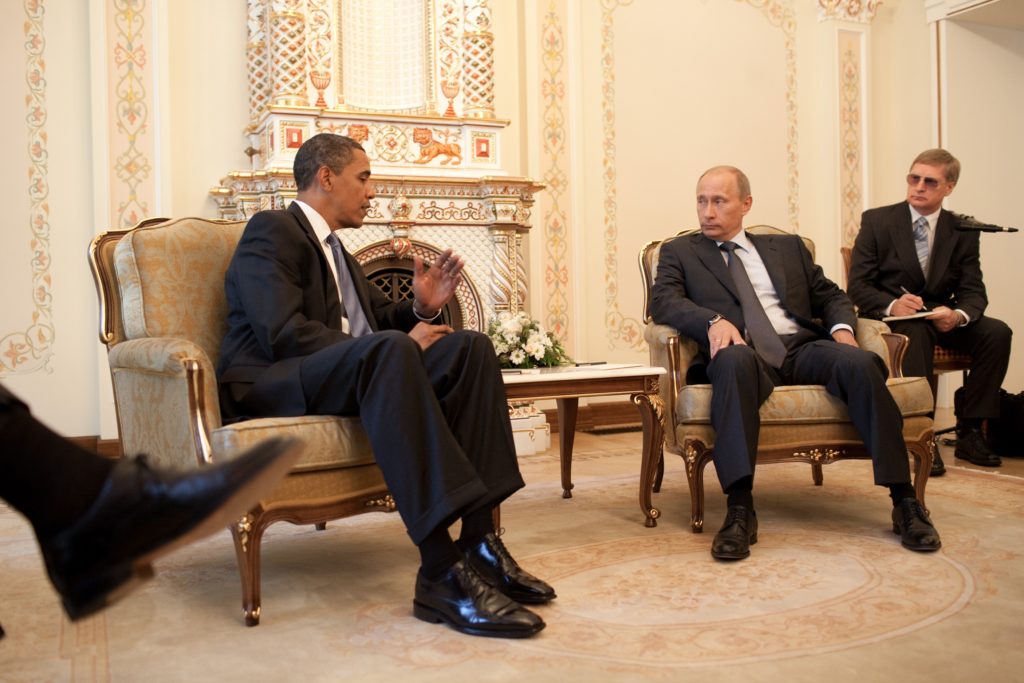Keeping abreast of global events is essential for a traveler venturing out beyond his backyard both for safety reasons and because of the interconnectedness of the world. Next month I am going to Egypt, the iconic home of the Arab Spring. Though the movement began in Tunisia, the scenes of the uprising in Tahrir Square defines a time of hope in the Arab world, a time when antiquated ideologies were supposed to be replaced by modern, free thinking.
Years later, next to nothing has changed. My parents’ home country of Iraq is a country if only by name. The debate of what to do with Iran and its potential for nuclear weapons has no ideal solution; either negotiate with the ayatollah or leave him to his own devices to do as he pleases. This again, brings the discussion to Syria, a country that has become the litmus test of what should be done in the Middle East.
In 2011, Obama famously said that Assad must go. Putin said no. Any use of force to get rid of him then were halted. Today the villains of ISIS have crippled the region and somehow the world is accepting of Russia’s airstrikes in Syria as a countermeasure to stop the ISIS advancement. Make no mistake, Putin’s actions are in direct opposition to the United States’s directive four years ago. Essentially, Putin, who has no true allegiance to Assad, is flexing his might much like he did in Crimea knowing full well that the United States will not directly challenge him. Hard line politics and tough talk end when the use of force begins.
Despite the good intentions of keeping the US out of another foreign conflict, Obama has been out flanked, out maneuvered by Putin who recognizes that the US is hard-pressed to respond. If the US supports the Russian led airstrikes, then it is going against its red line that a Syria of tomorrow is a Syria without Assad. If it seeks to undermine the Assad regime not only is there no suitable successor in place but also it openly challenges Russia.
Over the last four years, a series of missteps, miscalculations, and miscues has neutralized America’s influence in the Middle East. While the United States tried not to get involved in the region following its withdrawal from Iraq and draw down in Afghanistan, the lack of decisiveness has left the future of the Middle East in the hands of an even more erratic, more unpredictable character than those that came before him. His name, Vladmir Putin.
Like Ukraine, he’s playing for more than pride. He’s playing for keeps.



